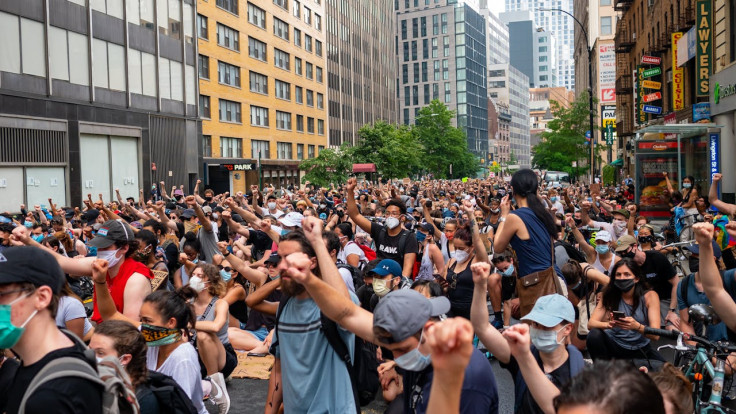In a move that has ignited a significant debate about the boundaries of free speech and civil disobedience, Louisiana has enacted a new law that excludes acts of civil disobedience from free speech protections on public college campuses. The legislation, driven by recent pro-Palestinian student protests and encampments, seeks to preserve the educational focus of these institutions while ensuring that disruptive and potentially unlawful activities do not impede their functioning.
Sponsored by Republican Senator Valarie Hodges, the law has been positioned as a means to safeguard education from activism that crosses into criminal behavior. However, it has also drawn criticism from those who view it as a threat to the fundamental right to free expression. This article delves into the provisions of the new law, the rationale behind it, and the concerns it raises among students, faculty, and civil rights advocates.

Introduction of the New Law
Louisiana recently implemented a contentious law that removes civil disobedience from the free speech protection umbrella on public college campuses. The legislation, reported by The Louisiana Illuminator, was introduced in response to a wave of pro-Palestinian student encampments that swept across campuses this year. Sponsored by Republican Senator Valarie Hodges, the law aims to balance the maintenance of free speech with the need to protect the educational function of colleges and universities.
Senator Hodges articulated her position clearly: "What we need on college campuses is education, not activists," she told The Illuminator. The law specifically excludes free speech protections for any acts that carry a criminal penalty, such as trespassing, which often accompanies encampments. During a May committee hearing, Hodges stressed that while the bill upholds free speech, it unequivocally prohibits criminal acts and support for terrorism on campuses.
The Law's Provisions and Justifications
The new law delineates a fine line between protected free speech and activities deemed criminal. By excluding acts that have criminal penalties from free speech protections, the law intends to deter actions that disrupt the primary educational mission of institutions. Trespassing, vandalism, and other such acts, often associated with large-scale protests and encampments, are now clearly outside the bounds of protected speech on Louisiana's public college campuses.
Senator Hodges argues that this approach does not infringe upon the First Amendment rights of students and faculty but instead safeguards the academic environment from activities that could undermine its stability and safety. "The goal is to ensure that our educational institutions remain places of learning and growth," Hodges said, "not breeding grounds for activities that could escalate into violence or support for terrorism."
Proponents of the law believe it is a necessary measure to maintain order and protect the educational integrity of colleges and universities. They argue that while free speech is a fundamental right, it should not be used as a shield for illegal activities. The law seeks to prevent disruptions that could impede the educational process by clearly outlining acceptable conduct boundaries.
Opposition and Concerns
Despite the intentions behind the law, it has faced significant opposition from students, faculty, and civil rights advocates. Critics argue that the law will have a chilling effect on free speech and dissent, essential components of the academic environment. They contend that the threat of criminal penalties for protest activities could deter students and faculty from engaging in important social and political discourse.
Pablo Zavala, a professor at Loyola University of New Orleans, voiced his concerns during the May hearing. Zavala argued against criminalizing free speech, asserting that disagreement with student protests doesn't justify lawmakers restricting their rights. Opponents fear that the law will disproportionately affect marginalized groups who rely on civil disobedience as a means to draw attention to their causes.
Moreover, there is concern that the law's broad language could be used to target specific movements or viewpoints. By categorizing certain protest activities as criminal, the law may give authorities leeway to suppress dissenting voices selectively. This potential for abuse underscores the importance of maintaining robust protections for free speech, even when it includes acts of civil disobedience.
The introduction of Louisiana's law, which removes civil disobedience from free speech protections on public college campuses, has triggered intense discussion. While supporters, like Senator Valarie Hodges, argue that it is a necessary step to protect the educational mission of institutions and maintain order, opponents fear it will suppress essential freedoms and stifle important discourse. As colleges and universities navigate the implications of this law, the balance between maintaining safety and preserving free speech will remain a contentious issue. The debate highlights the ongoing struggle to define the boundaries of free speech in an academic setting and the importance of ensuring that all voices, even those of dissent, are heard and respected.
© 2025 University Herald, All rights reserved. Do not reproduce without permission.








